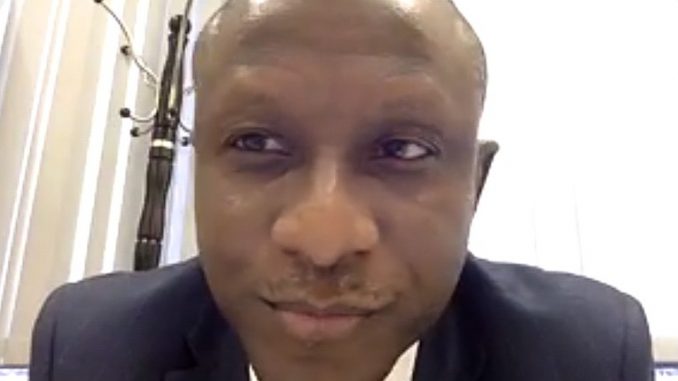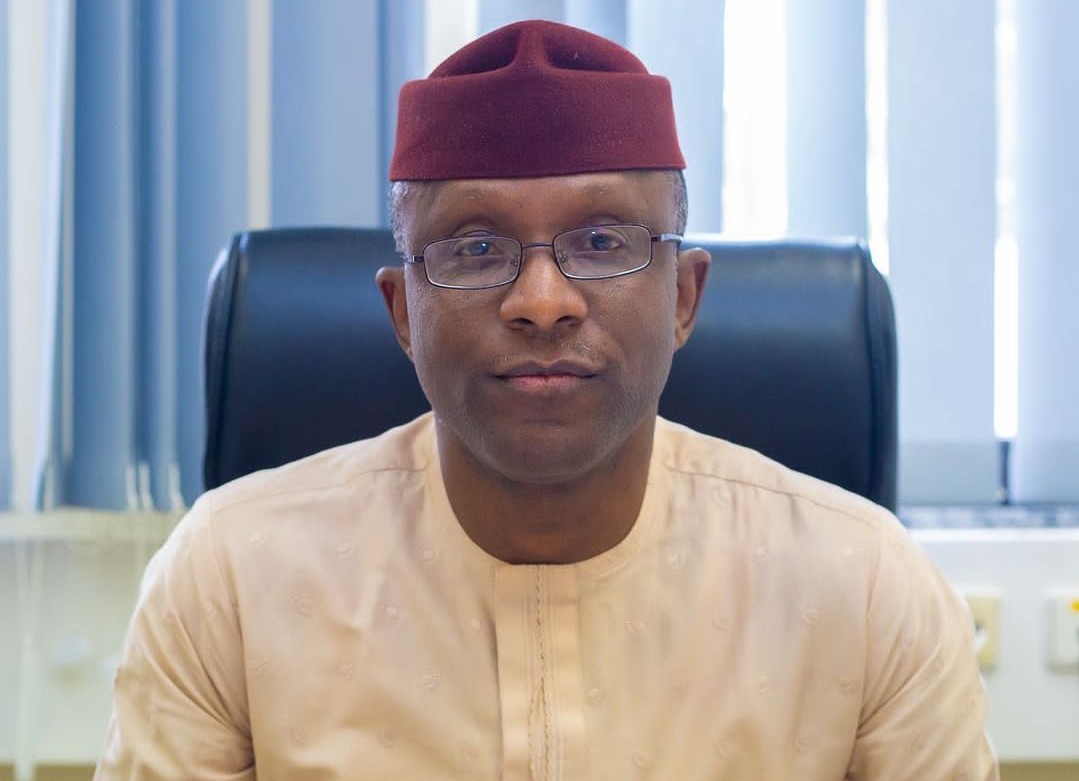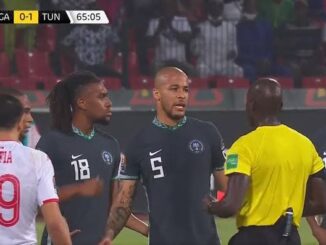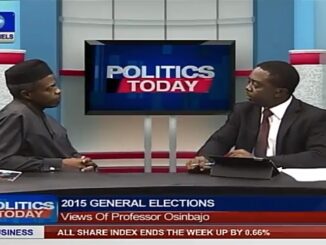
By Oluwafemi Popoola
How the Federal Government’s National Social Intervention Programmes meant to combat the fallout of the COVID 19 pandemic on the economy was carried out, has been disclosed and explained by Mr Laolu Akande, the spokesperson to the Nigeria’s Vice President Yemi Osinbajo.
He said that the selection process was fair, objective and transparent was the similar model adopted during the All Progressives Congress (APC) government’s first Social Intervention Programme.
Mr Akande gave an insight into this government’s economic initiative designed for all Nigerians, Saturday morning, while answering questions during a live interview programme on Channels T.V, the “Sunrise Daily,” on the topic” Economic Sustainability Plan.”
Recalled that following the outbreak of the COVID 19 pandemic in 2020, in response to the threat of severe economic downturn as visible from other nations that were already grappling with the economic effects of COVID-19, President Muhammadu Buhari, on the 30th of March, 2020, constituted a crisis committee headed by the Minister of Finance, Budget and National Planning, to look at what the impact of the coronavirus pandemic might be on the budget and the economy.
ALSO READ: We need simple commonsense approach to lift 100m Nigerians out of poverty, says Osinbajo
The committee, which was later called the Economic sustainability Committee (ESC) and chaired by Vice President Osinbajo, comprised of several Cabinet Ministers, as well as the Group Managing Director of the National Petroleum Commission (NNPC) and the Governor of the Central Bank of Nigeria (CBN).
The primary aim of the ESC was to develop a precise and strategic Economic Sustainability Plan (ESP), suggest new policy measures and interventions, provide a Fiscal/Monetary Stimulus Package, including support to private businesses (with emphasis on strategic sectors most affected by the pandemic) and vulnerable segments of the population.

So, Mr Akande, while stating the impact of the Economic Sustainability Plan on the Nigerian economy through numerous programmes like Survival Funds, Micro, Small and Medium Enterprise (MSME) payroll support, artisans one off grant and the likes said those programmes have impacted positively on the economy through job creation with over 1.5 million jobs saved and created, while several Nigerians collected N50 thousand one-off payment.
He also disclosed that the process of selecting successful beneficiaries for the programmes could be tracked and checked easily assuring that the process was objective and was done openly giving everyone equal opportunities to benefit.
ALSO READ: Osinbajo is a man to follow, says Nigeria’s VP’s Spokesman Akande
According to him: “What we did for instance for the payroll and generally for all the survival fund under the MSMEs of the ESP is to say that look, if you have a business that has been impacted because of the pandemic, we opened a website that we tried to publicize as much as possible. So people registered and indicated interest.
“The same thing for the MSMEs that we are supporting, the transporters, the artisans. We opened a website and people applied and in addition to that, we also identified some of the major trading associations like artisans, transporters, and others.”
ALSO READ: I remain indebted to Nigerians for love shown to me, says Buhari
He informed that, the government equally engaged local artisan associations, and in the process, the leadership of such bodies sat down with government representatives to identify members who can benefit and those who can’t, so, the offer may go to those who really needed it.
“We tried to engage their local associations through their leadership and made available opportunity for them to identify their own members who can’t be beneficiaries. That way we were able to open it up for everybody and then also went specifically to identify particular association or union and we met with their leadership. We sat together and figured out ways to ensure that people that we have in mind are the people that benefited.
“Essentially, it was a very open process and we have had quite a lot of requests and people applied online and also offline and that’s why we were able to come out with figures and also encouraged many of the beneficiaries to go online to tell their stories. The truth of the matter is that we have to do more, there is no doubt about that and we intend to do more going forward,” Mr Akande said.




